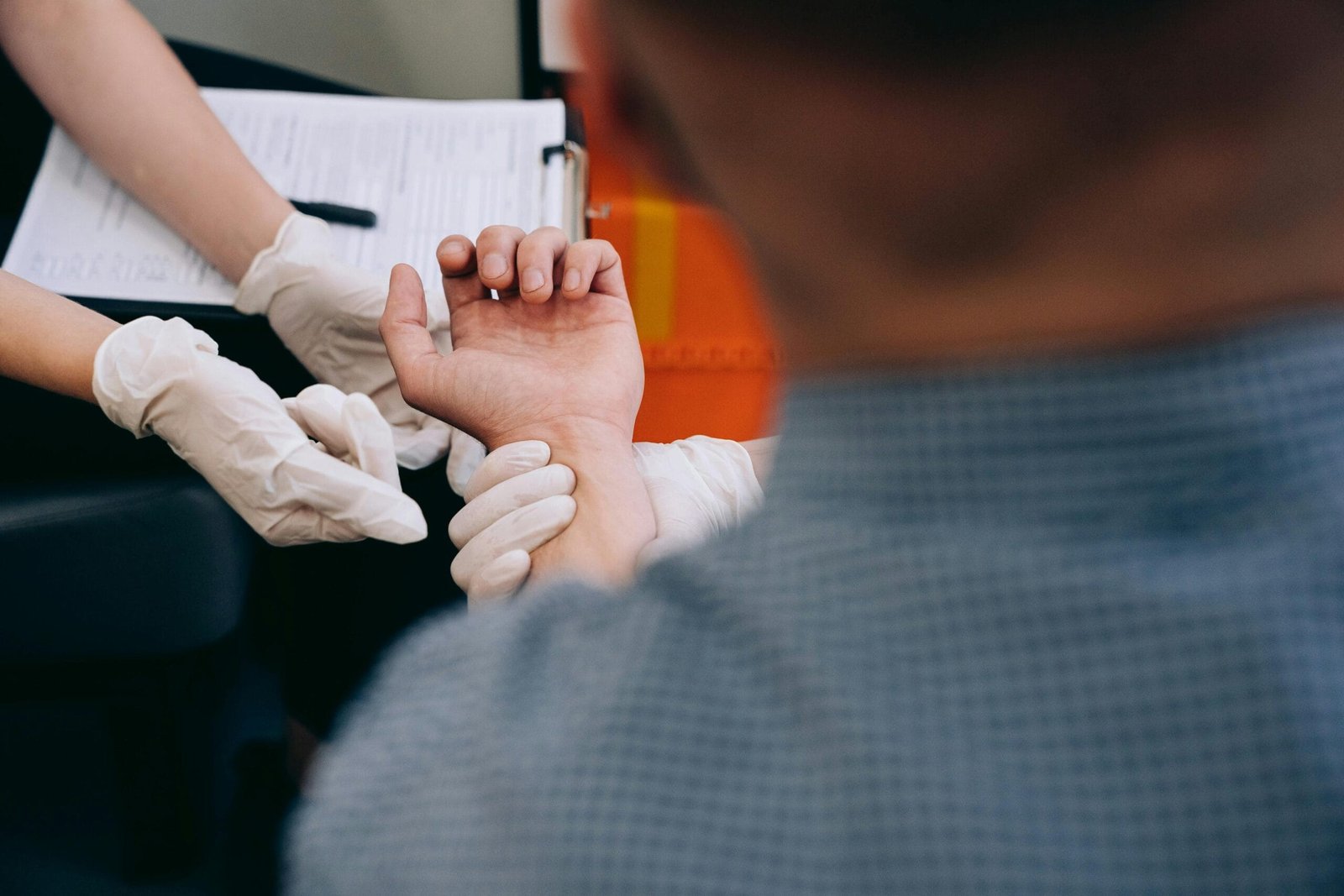
Why Early Detection is Key
Cancer is a leading cause of death worldwide, but early detection can dramatically improve outcomes. Recognizing the early warning signs of cancer is essential to seek timely medical intervention. In this article, we will explore the symptoms you should never ignore and offer actionable advice to safeguard your health.
Unexplained Weight Loss
While many people aim to lose weight, sudden and unexplained weight loss (more than 10 pounds within a few weeks) can be an early indicator of cancers such as pancreatic, stomach, or lung cancer. If you’re experiencing this without changes to your diet or exercise, consult a doctor.
Persistent Fatigue
Feeling tired is normal, but constant fatigue that doesn’t improve with rest might signal blood-related cancers such as leukemia or lymphoma. Pay attention if this is accompanied by other symptoms like weight loss or night sweats.
Changes in Skin
Skin changes are often associated with melanoma, a type of skin cancer. Warning signs include:
- New moles or changes in the shape, size, or color of existing ones.
- Skin sores that don’t heal.
- Yellowing of the skin or eyes, which could signal liver cancer.
Lumps or Swellings
A lump in the breast, armpit, or neck should be examined promptly. While many lumps are benign, they could indicate cancers such as breast, testicular, or lymphatic cancer. Regular self-examinations are crucial.
Persistent Cough or Hoarseness
If a cough lasts more than three weeks or is accompanied by blood, it could be linked to lung or throat cancer. Smokers should be especially vigilant, as they are at higher risk for respiratory cancers.
Difficulty Swallowing
This symptom, often associated with throat or esophageal cancer, is sometimes overlooked. If swallowing food or liquids becomes difficult over time, consult a gastroenterologist.
Changes in Bowel or Bladder Habits
Persistent constipation, diarrhea, or blood in the stool could indicate colon cancer. Similarly, changes in urination, such as blood in the urine or increased frequency, may be linked to bladder or prostate cancer.
Unusual Bleeding
Bleeding outside of normal cycles, such as between periods or after menopause, may signal uterine or cervical cancer. Blood in vomit, stool, or urine should also prompt immediate medical attention.
Chronic Pain
Ongoing pain, such as unexplained headaches or abdominal pain, can be an early symptom of brain cancer or digestive cancers. Pay attention to pain that persists despite treatments.
Preventive Measures to Reduce Cancer Risk
- Regular Screenings: Get tested for cancers like breast, colon, or cervical cancer as recommended by health professionals.
- Healthy Lifestyle: Avoid tobacco, limit alcohol consumption, and maintain a healthy weight.
- List ItemaSun Protection: Wear sunscreen to reduce skin cancer risk.
- Vaccinations: Consider vaccines like HPV to prevent cervical and throat cancers.
- Awareness: Educate yourself about your family’s medical history to understand your risk.
Conclusion
Detecting cancer early can save lives. If you notice any of the symptoms listed above, don’t ignore them. Speak with a healthcare provider for proper diagnosis and treatment. By staying informed and proactive, you can take control of your health.
Dont Hesitate To Contact Us
We’re here to help! If you have any questions, feedback, or need assistance, please feel free to reach out.
Trusted Resources for More Information
American Cancer Society (ACS)
The ACS offers detailed guides on various cancer symptoms, early detection methods, and the importance of routine screenings. Their articles are backed by medical research and provide actionable advice.
Visit ACS – Cancer Symptoms
WebMD
WebMD provides easy-to-understand information on various diseases, including cancer, and highlights warning signs that can aid in early detection.
Visit WebMD – Cancer Symptoms
Mayo Clinic
Mayo Clinic is renowned for its medical accuracy and offers valuable insights into the early warning signs of different types of cancer, including how to recognize symptoms and when to seek medical help.
Visit Mayo Clinic – Cancer Symptoms
Cancer Research UK
Cancer Research UK offers a thorough explanation of common cancer symptoms, along with advice on when to contact a healthcare professional for screening or diagnosis.
Visit Cancer Research UK – Cancer Symptoms


